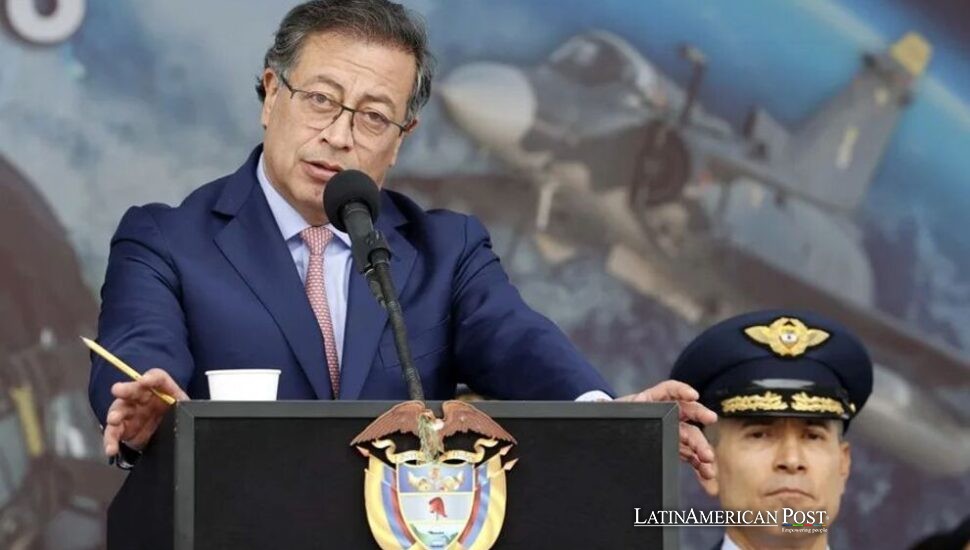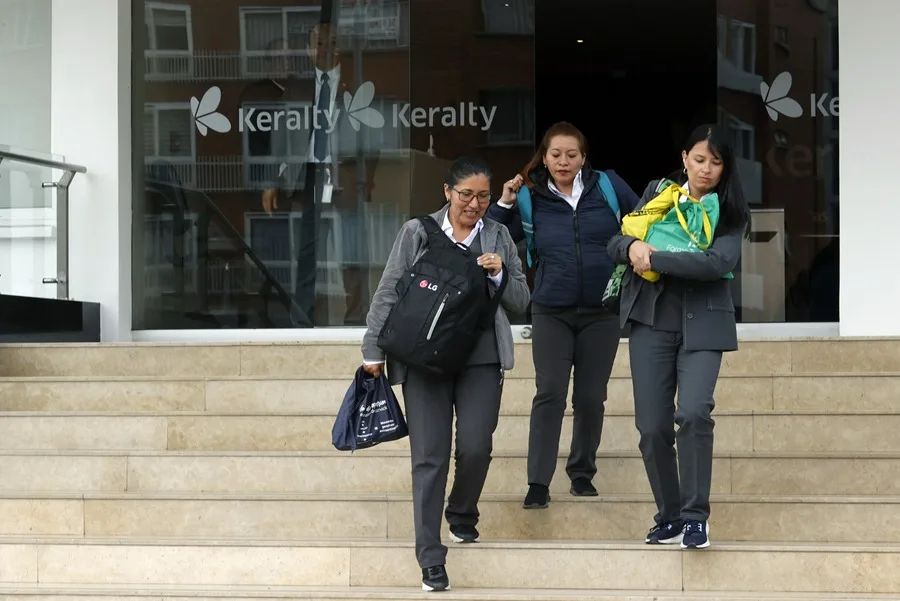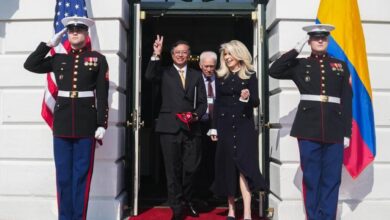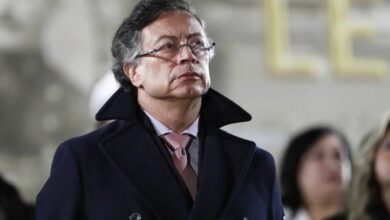Colombian President Faces Legal Storm as Spanish Businessman Fights Back

In a fiery clash that’s rocking Colombia’s healthcare world, Spanish businessman Joseba Grajales is suing President Gustavo Petro after being called a criminal—an explosive battle that reveals deep tensions behind the country’s troubled medical system and political landscape.
When Words Become Weapons
It started with a broadcast no one could ignore. On national television, Colombian President Gustavo Petro didn’t just criticize a company—he threw a bombshell at its leader. Without naming names, Petro called out the owner of Keralty, the Spanish healthcare giant behind Sanitas, one of Colombia’s largest health providers, labeling him a criminal who should leave the country.
The statement was more than just a political attack; it was a public accusation that sent shockwaves all the way to Spain. For Joseba Grajales, Keralty’s president, it was a line crossed.
The very next day, Grajales fired back with a public letter that wasn’t just defensive—it was a declaration of war. He announced plans to sue President Petro and anyone involved in spreading what he called “lies” meant to damage Keralty’s reputation. The lawsuit will be brought both inside Colombia and on the international stage, aiming to protect not just the company, but the people who lead it.
A Court Ruling Fuels the Fire
What triggered this clash? A ruling by Colombia’s Constitutional Court that struck down the government’s intervention in Sanitas, a decision Grajales calls a “milestone” for legal integrity and institutional respect. The government had stepped in back in April 2024, citing financial troubles at Sanitas.
But the court’s reversal painted the government’s move as illegal, and Petro’s accusations now felt like retaliation. Grajales accused the president and his team of launching a “systematic campaign of misinformation,” filled with insults and baseless claims meant to undermine years of hard work.
This isn’t just a battle of words; it’s a struggle over legitimacy, with billions of dollars and millions of healthcare beneficiaries caught in the middle.
Corruption Claims and Political Fallout
The backdrop to all this is Colombia’s long-running healthcare crisis. Petro has repeatedly condemned private health companies, accusing them of robbing public funds meant for the nation’s most vulnerable—including children.
His language is harsh, calling the corruption a crime against humanity, accusing these companies of profiting while people suffer and die. Keralty, he claims, even broke the law by funding political campaigns—something forbidden for foreign-owned businesses.
For a country where healthcare is already a volatile issue, these allegations stir deep distrust. Petro’s intervention in Sanitas was an attempt to wrest control from a private sector he sees as complicit in systemic failures. The court’s decision to block that move only added fuel to the fire.

EFE
Defending Honor Amid the Storm
In the face of the president’s accusations, Grajales remains unyielding. He paints a very different picture—one of dedication, honesty, and leadership committed to public service.
“Honesty and integrity,” he wrote, “aren’t gifts handed out by those consumed with resentment or surrounded by questionable characters.” For Grajales, the attacks are not just unfair—they are dangerous attempts to smear the people who have devoted their lives to healthcare in Colombia.
Sanitas, with nearly 5.7 million members, is a lifeline for many Colombians. Grajales insists they won’t stand by while their name is dragged through the mud.
This isn’t just a lawsuit—it’s a battle for reputation, for justice, and for the truth in a country where trust in institutions is fragile and stakes are high.
Also Read: Latin American Cannabis Startups Turn Rolling Papers into Global Art
Colombia’s healthcare system is more than a policy issue; it’s a battlefield where business, politics, and public health collide with explosive force. The showdown between Gustavo Petro and Joseba Grajales exposes the raw tensions beneath the surface, making clear that the fight is far from over.
Credits: This report is based on coverage and interviews by EFE.





